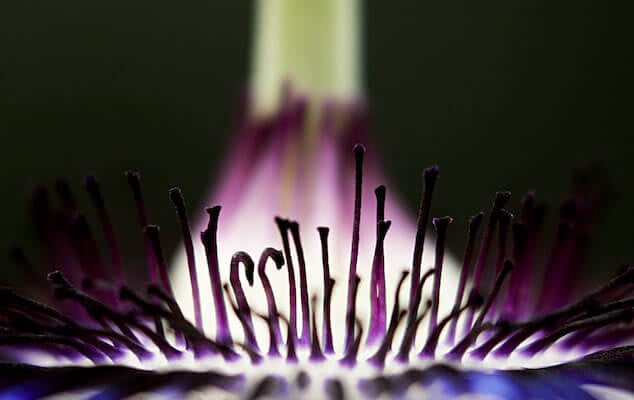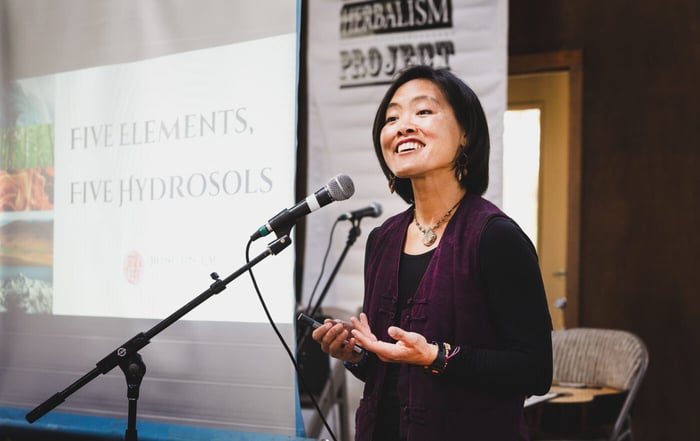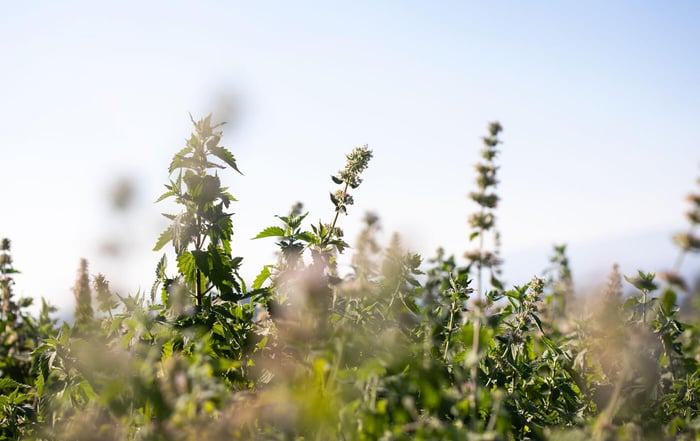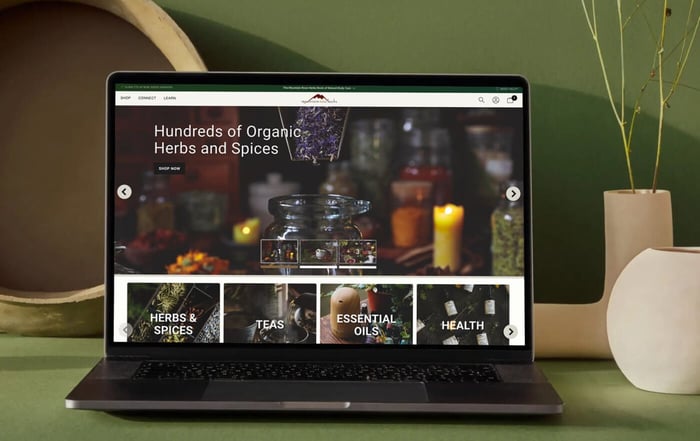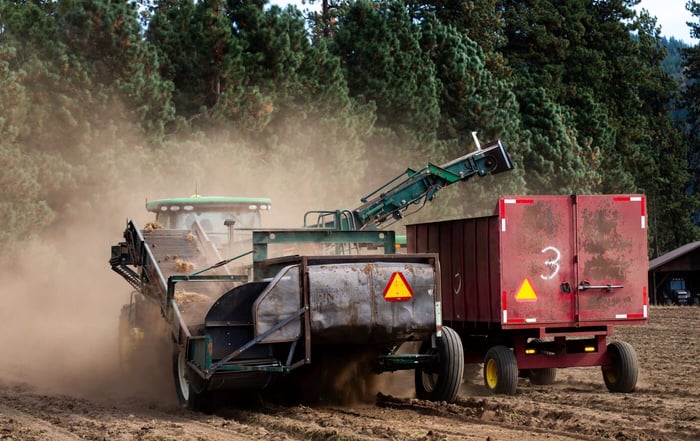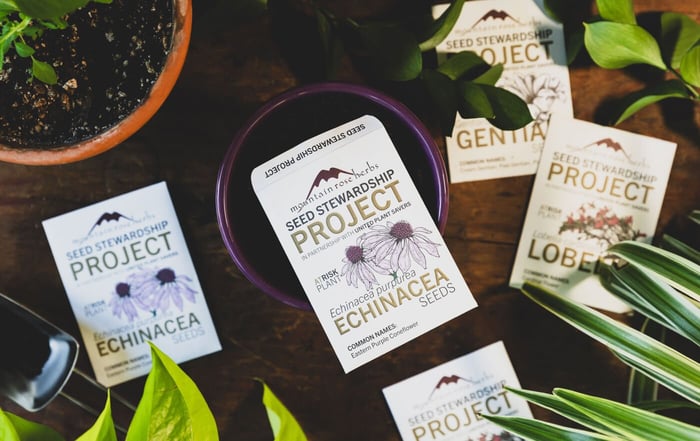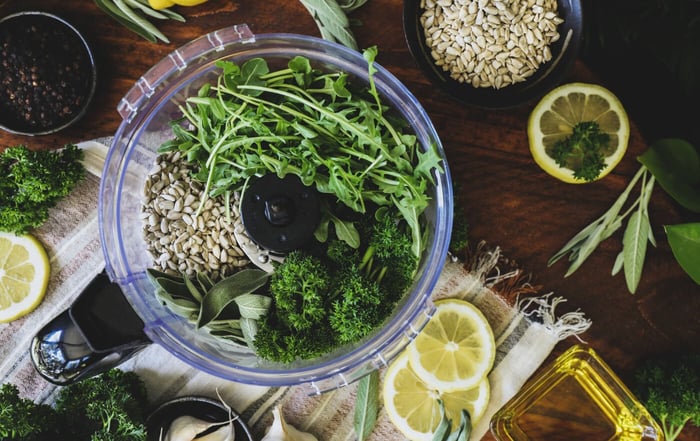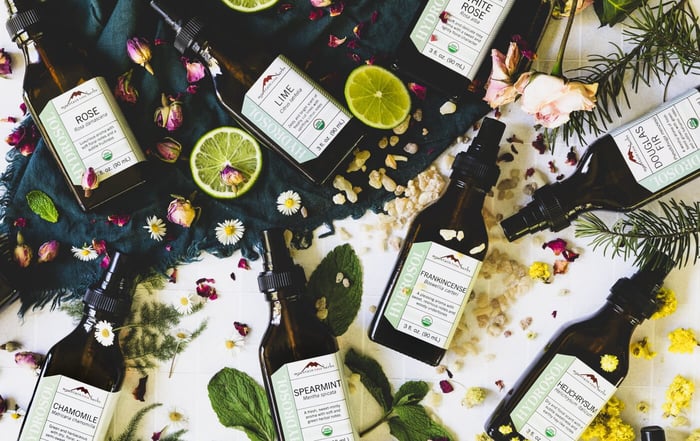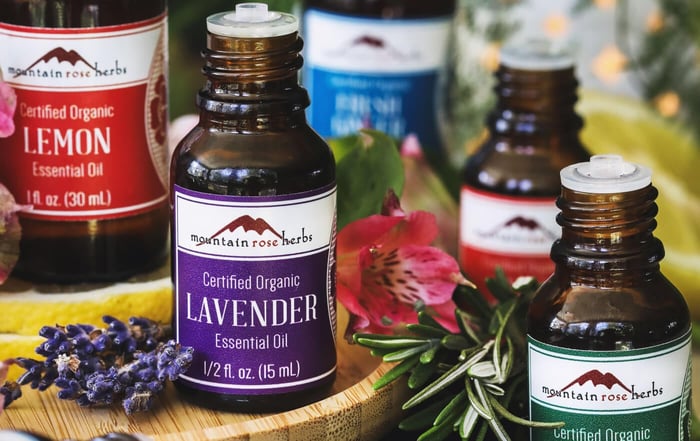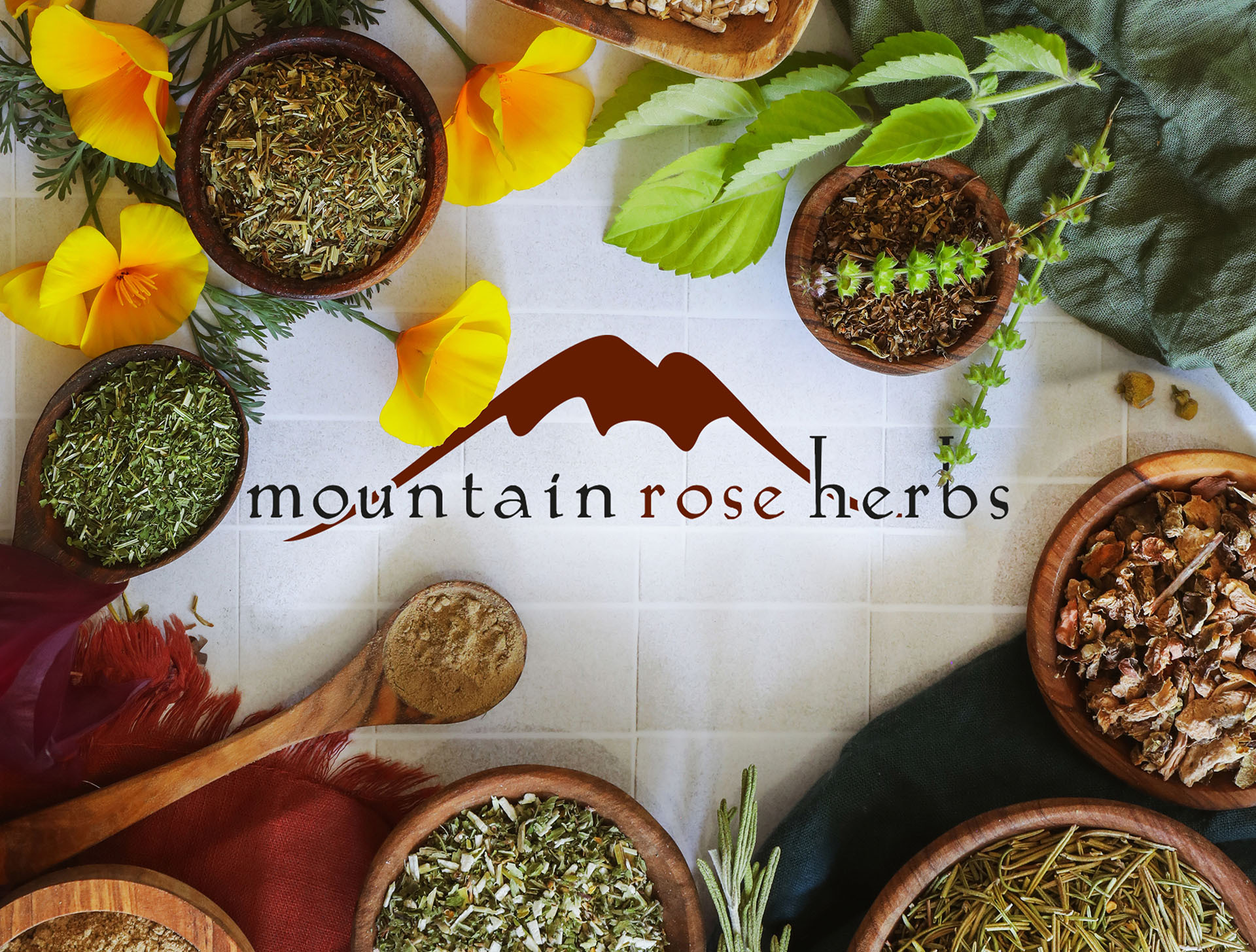Cornucopia Institute: The Watchdog Organization of Organic Brands
Photo Credits: Gracie Umana, Thomas Dick
Infographic & Video Credits: Cornucopia Institute

Negotiating our food choices in the modern world is often difficult because it's hard to know where our food comes from and how it has been raised, harvested, and processed. Without transparency in our food supply chains, we cannot know if plants were treated with pesticides or fungicides, if animals received antibiotics, hormones, etc., or if food crops were raised in soil and water where toxic chemicals accumulated. We want to feed our families nutritious, flavorful meals and stay clear of factory farming and other grievous, unsustainable agricultural systems, but how do we do that without trustworthy information?
At Mountain Rose Herbs, we use organic certification to ensure that our herbal offerings have never been irradiated and were grown without synthetic pesticides, fertilizers, or GMO seed stock. Unfortunately, depending on the brand, organic certification does not necessarily guarantee consistent quality, which is why we have an in-house lab that tests for purity to ensure the integrity of our products. We also partner with watchdog organizations like The Cornucopia Institute, which provides critical third-party oversight to help us make educated choices.
The Cornucopia Institute is a nonprofit consumer education organization that researches brands and investigates the agricultural industry to identify and elevate authentic organic foods and farmers. They do research and promote findings that are fundamental to maintaining the integrity of organic labeling, production, processing, and marketing. They keep an eye on the USDA National Organic Program (NOP) and how the NOP enforces and applies organic law. They also evaluate organic egg, dairy, beef, poultry, plant-based beverages, and other food category brands to ensure they meet genuine organic standards.
A current issue in the organics industry is that corporate giants are buying up organic brands. When acquired by a major food processing company, organic brands tend to change. Some incorporate non-organic foods in their product lines or begin to source raw materials from industrialized farms. Corporate brands have also purchased organic brands intentionally to roll the company's products into their product lines and eliminate the original organic brand. Cornucopia believes we have the right to know who owns the organic brands we support. As part of their mission, they maintain a Who Owns Organic? list and create an easy-to-understand poster (and pdf) that shows the handful of large corporations that control the marketplace for organic consumer packaged goods. Similarly, Cornucopia offers a list of nationally available 100% organic independently owned brands, so conscious consumers know who they support with their dollars.
Every day, Cornucopia works to uncover the truth behind organic food and advocates for a trustworthy organic label. This year, they are celebrating 20 years in the field with organic farmers and eaters, providing consumers (all of us) with tools to make nutritious selections confidently.
We want to take this moment to thank The Cornucopia Institute for their invaluable research, holding the USDA accountable in their enforcement and application of the NOP, and being a watchdog of organic brands. We encourage you to explore this amazing organization, use their organic scorecards to support the most ethical food sources, review their research-based findings to educate yourself, and lend your voice and expertise to their efforts. As consumers, farmers, or change-makers, we can all help propel Cornucopia's mission and efforts.


